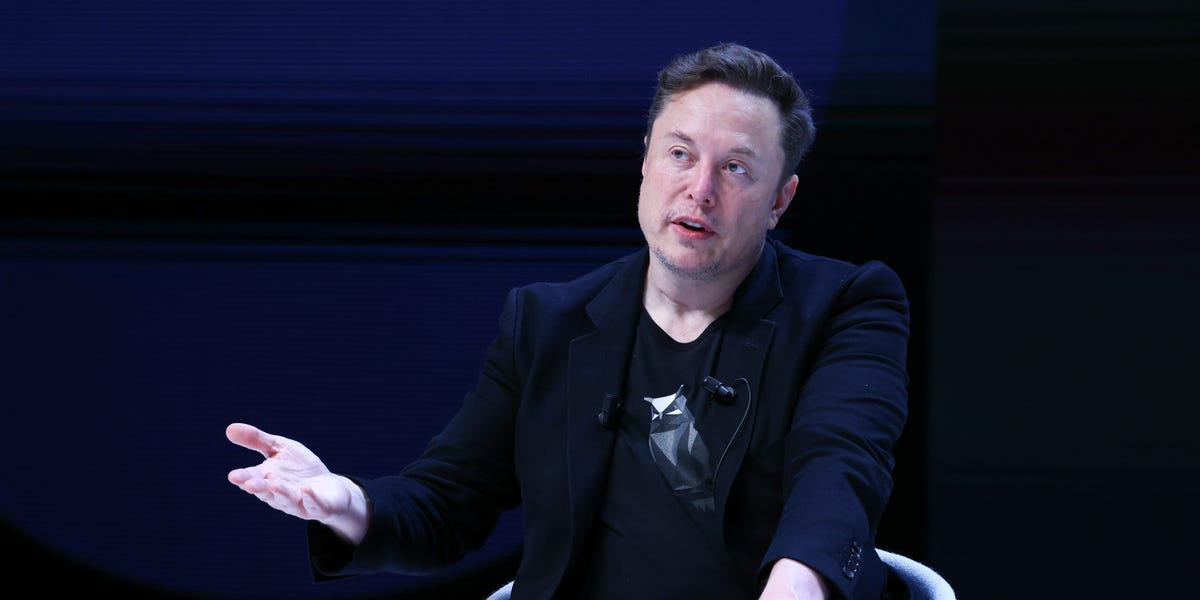
What if an entire software company could run without human employees? That is the provocative question Elon Musk posed when he announced his intention to simulate Microsoft purely with AI, a concept he called Macrohard. Posted on X in late August 2025, the remark sparked immediate debate about how far AI automation and AI driven companies might realistically extend into core business operations. Musk argued that because many software firms do not produce physical products, their services and processes could in principle be recreated with generative AI platforms and semantic AI tools.
AI has already transformed parts of software development and operations. Tools like GitHub Copilot help millions of developers with code completion while cloud vendors offer enterprise AI integration through managed services and AI powered productivity features. Companies use AI for testing, debugging, data analysis, marketing automation, and customer support. The trend toward AI powered process automation and no code AI platforms makes parts of Musk s argument familiar to industry observers.
Musk s posts were brief on technical specifics, but the core premise is clear. He suggested that an entire software company could be recreated entirely with artificial intelligence. That would imply a combination of technologies and approaches including:
Macrohard reads like a direct challenge to incumbents and a test case for enterprise AI integration at scale. No timeline or detailed roadmap was provided, so much of the technical feasibility depends on future advances in generative AI platforms, semantic relevance engines, and AI for regulatory intelligence.
The idea surfaces a number of consequences that companies must consider when pursuing AI transformation strategies:
Analysts note that many leading tech firms are prioritizing AI augmentation rather than wholesale replacement. The practical path for most organizations may be hybrid models that combine human expertise with AI powered decision support and predictive trend modeling.
Simulating a large software company involves more than code generation. It requires secure software supply chains, robust testing regimes, incident response, legal representation, and relationship management with enterprise clients. Safety, governance, and explainability remain core challenges for AI orchestration at scale. Developers and leaders should prioritize transparent AI pipelines, audit trails, and human in the loop controls when deploying ambitious automation initiatives.
Macrohard is a thought provoking concept that highlights the growing conversation around AI powered business transformation. Whether Musk or others can build fully autonomous companies remains uncertain. The real test will be whether AI can manage technical work along with the social, legal, and trust aspects that define successful software businesses. For now, Macrohard serves as a lens on emerging trends in AI automation, enterprise AI integration, and the future of work in the tech industry.
As organizations evaluate strategic automation initiatives, focusing on intent driven automation, semantic AI tools, and human AI collaboration will be key to balancing efficiency gains with accountability and long term resilience.



